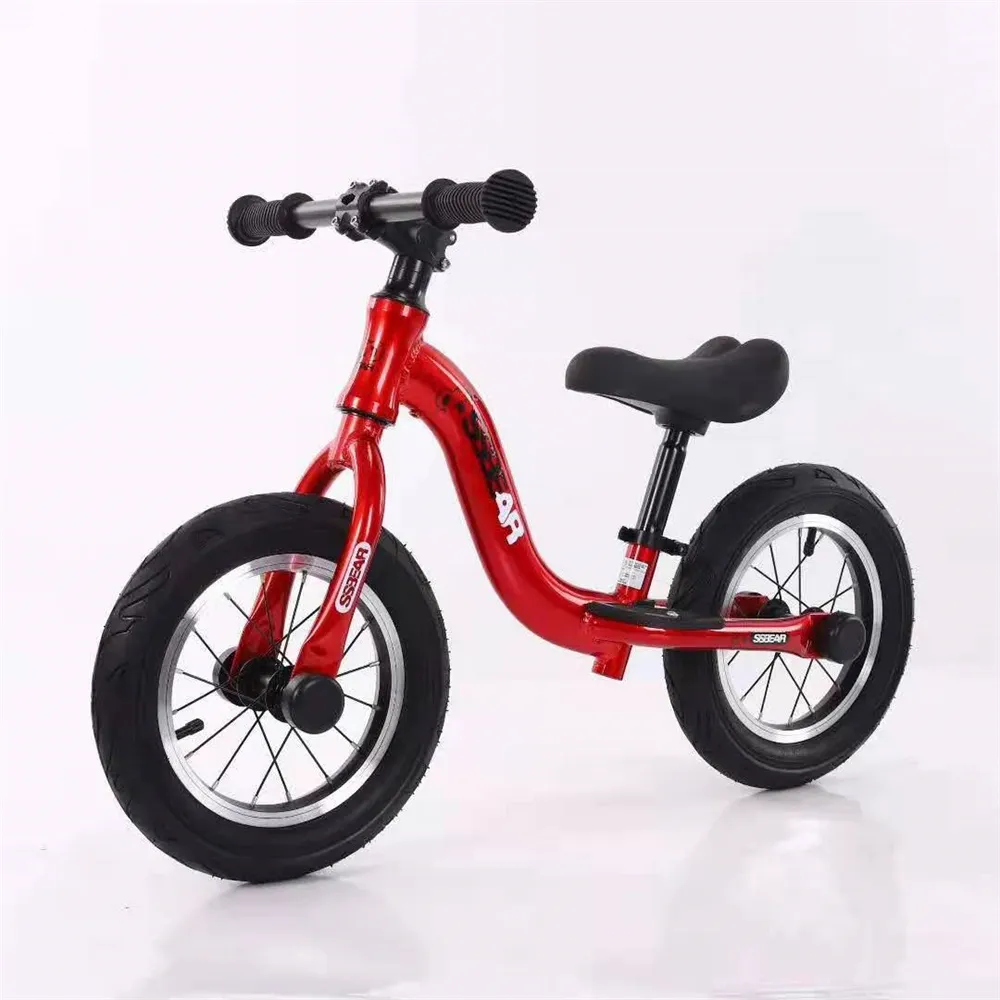Effective Tips for Teaching Children to Ride a Balance Bike Confidently and Safely
How to Teach a Kid to Ride a Balance Bike
Teaching a child to ride a balance bike can be an exciting and rewarding experience. Balance bikes are designed to help children develop their balance and coordination skills, making the transition to a pedal bike much smoother. Here’s a comprehensive guide on how to teach a kid to ride a balance bike effectively.
1. Choose the Right Bike
Before you begin, it's essential to select the right balance bike for your child. The bike should be lightweight, easy for your child to handle, and the right size for them. When standing over the bike, your child should be able to place both feet flat on the ground. This allows them to feel secure and helps them gain confidence as they ride.
2. Safety First
Safety should be a priority. Ensure that your child is wearing a properly fitted helmet to protect their head in case of falls. Comfortable clothing and closed-toe shoes are also recommended. Introduce your child to the importance of safety gear and make it a part of their riding routine.
3. Finding the Right Location
Choose a safe, flat, and open area for your child to practice. A park with a smooth, grassy surface is ideal, as it provides a soft landing if they fall. Avoid crowded spaces, steep hills, or areas with pedestrian traffic until your child gains more confidence.
4. Introduce the Bike
Allow your child to get familiar with the balance bike. Encourage them to walk the bike around, feeling its weight and getting comfortable with handling it. Let them experiment by pushing the bike with their feet and observing how it moves. This initial experience will help build their confidence.
5. Learning to Glide
Once your child is comfortable walking with the balance bike, it's time to introduce gliding. Encourage them to sit on the seat, push off with their feet, and lift their feet off the ground to glide. Start with short distances and gradually increase as they become more comfortable. Remind them to keep their eyes forward, as looking ahead helps maintain balance.
how to teach a kid to ride a balance bike

Encourage your child to practice balancing by lifting their feet off the ground. Use a gentle slope to make gliding easier; gravity will help them gain momentum. Let them know that it's normal to feel wobbly at first and that practicing regularly will help them improve.
7. Practice Stopping
Once your child feels confident gliding, it’s crucial to teach them how to stop safely. This can be done by teaching them to place their feet back on the ground when they want to slow down or stop. Finding a safe way to stop will prevent falls and build their confidence.
8. Introduce Steering
As your child masters gliding and stopping, gradually introduce steering. Encourage them to gently lean into turns and use the handlebars to guide the bike. Set up gentle obstacles or curvy paths to practice navigating, enhancing their coordination skills along the way.
9. Celebrate Progress
Celebrate your child's achievements, no matter how small! Positive reinforcement boosts their confidence and encourages them to keep practicing. You can place small rewards, like stickers or an outing to the park, as milestones in their learning journey.
10. Transition to a Pedal Bike
Once your child is comfortable riding the balance bike, they might be ready to transition to a pedal bike. Many of the skills they’ve learned on the balance bike will transfer to the pedal bike, making this transition easier. Ensure the pedal bike is also the right size, and once again, safety gear is essential.
Conclusion
Teaching a child to ride a balance bike is an enjoyable process that fosters independence and builds confidence. With patience, encouragement, and practice, you can help your child develop the essential skills needed to become a proficient rider. Enjoy the journey, cherish these moments, and before you know it, your child will be zooming along on two wheels!
-
Three-Wheel Light-Up Scooter Benefits for KidsNewsJul.11,2025
-
The Importance of Helmet Safety When Using a Kids ScooterNewsJul.11,2025
-
Nurturing Early Mobility with an Infant ScooterNewsJul.11,2025
-
How to Choose the Safest Tricycle for KidsNewsJul.11,2025
-
Fixing a Squeaky Baby Push Tricycle in MinutesNewsJul.11,2025
-
Cleaning and Maintaining a Tricycle for Big KidNewsJul.11,2025
-
Unleash Fun and Safety with Our Premium Kids Scooter CollectionNewsJun.06,2025








